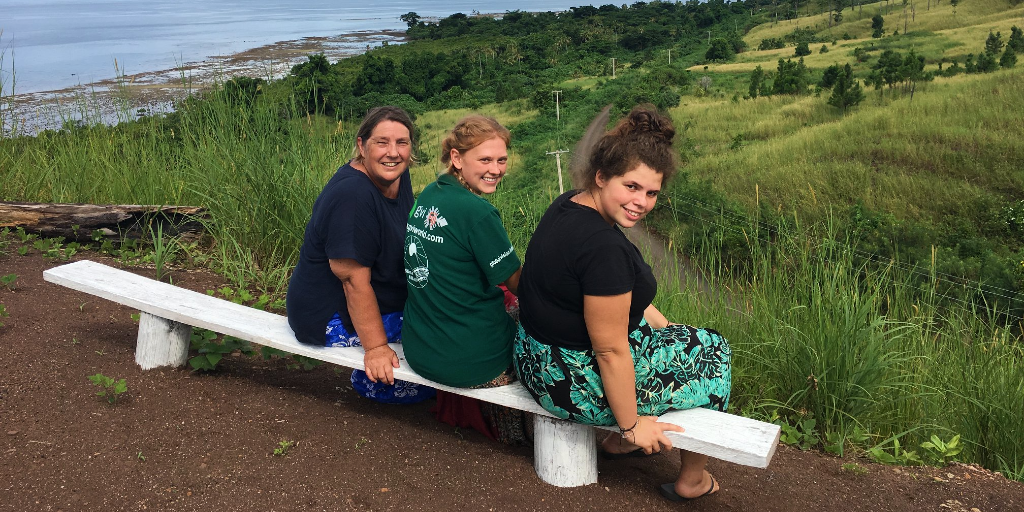
Five ways to ease reverse culture shock after travelling abroad
Posted: June 3, 2022
You’ve just gotten back from travelling abroad. You’re excited, you’re home, you’re feeling… odd? You could be experiencing reverse culture shock.
It’s common to experience reverse culture shock after travelling abroad, but there are some things you can do to ease the experience.
Let’s find out what reverse culture shock is all about, and take a look at some coping techniques.
What is reverse culture shock?
Reverse culture shock – also called re-entry shock – is the emotional and psychological distress that some travellers experience once they return home.
Reverse culture shock is most commonly experienced by frequent travellers or those who’ve been abroad for a long period of time.
After being surrounded by the culture of a destination abroad and settling into your day-to-day travel activities, it can be a jarring experience to get back in sync with your regular routine once you get home. This may bring about feelings of uneasiness and alienation – some of the symptoms of reverse culture shock.
It can be similar to the culture shock people experience when travelling to other countries, but it can also be much more challenging. This experience can make your surroundings back home – which previously felt familiar – seem quite different.
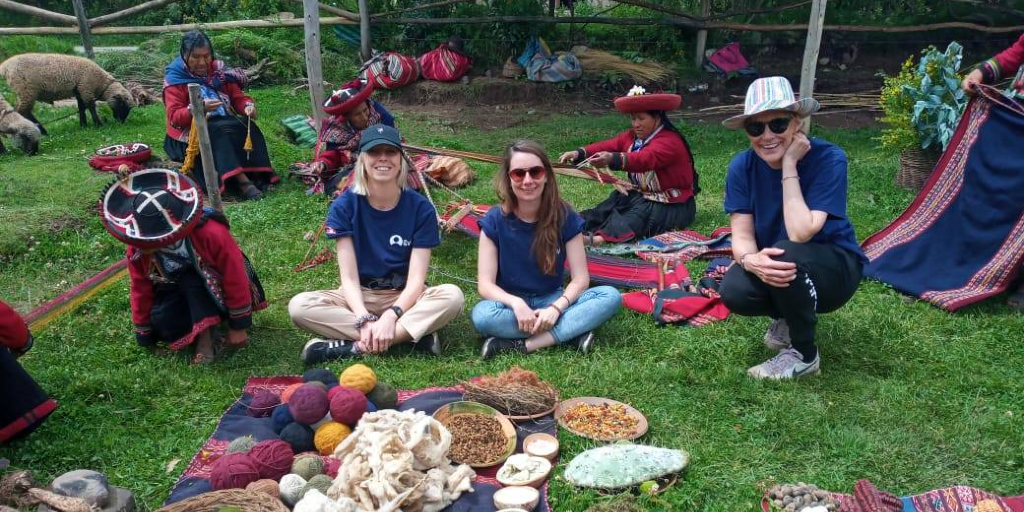
How to know if you’re experiencing reverse culture shock
If you start feeling disorientated, depressed or isolated after returning from a trip abroad, you could be experiencing reverse culture shock. But, it’s best to visit your doctor for a diagnosis since some of the key symptoms of reverse culture shock are similar to depression.
You may not experience any tell-tale signs in the first few days of being home because the excitement associated with seeing family and friends – and taking in the sights and sounds of home – can sometimes delay the onset.
But eventually, you may begin to suspect that reverse culture shock is creeping up on you.
It could start when you’re trying to tell your family and friends about your travel experience, but find that they’re not really getting how it made you feel. Maybe it’s feeling disappointed after a trip to the supermarket where you’re reminded of your favourite foods abroad, and how you probably wouldn’t find the proper version in your local food stores.
It’s important to know that many people experience reverse culture shock, and that there are ways to ease back into everyday life and take the edge off of your reverse culture shock experience.
How to cope with reverse culture shock
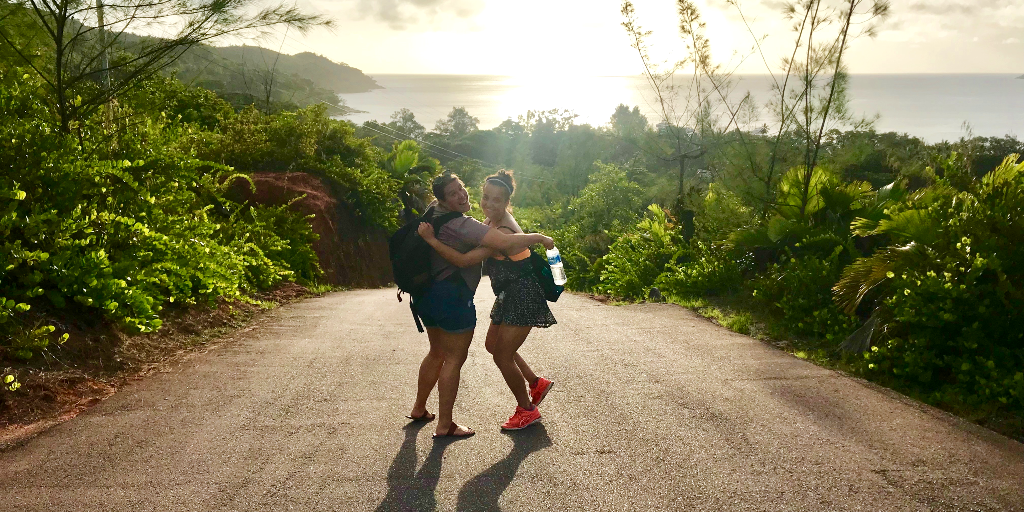
1) Stay in contact
When you’re away, staying tuned in to what’s happening back home can help you to ease back into day-to-day life later on. This doesn’t mean keeping up-to-date with every new development, just check in with your nearest and dearest every now and again while you’re away.
Once you’re back home, keep in touch with friends you met while travelling abroad. Since they can relate more to your travel experience – and even how it felt when you got back home – these friends can act as a support system and make it easier to overcome the early days of being home.
2) Get involved in meaningful travel experiences
Getting involved in a meaningful travel opportunity – like a volunteer abroad program – can build on your personal and professional development. Add to this the positive impact you can contribute to while on a volunteer abroad program, and you’re setting the scene for a meaningful travel experience.
These types of opportunities make it easy to feel good about the time you spent abroad, and how you contributed to a positive global impact. It can also help you gain a new perspective that may give you a more positive view of your place in the world once you’re home.
After your travels, continuing to work on your personal and professional development can keep you focused and take your mind off of the challenges of reverse culture shock.
Take opportunities to make a positive impact where you live by applying the skills you’ve gained during your travels. This may help you to feel more productive and will allow you to continue to contribute towards global goals.
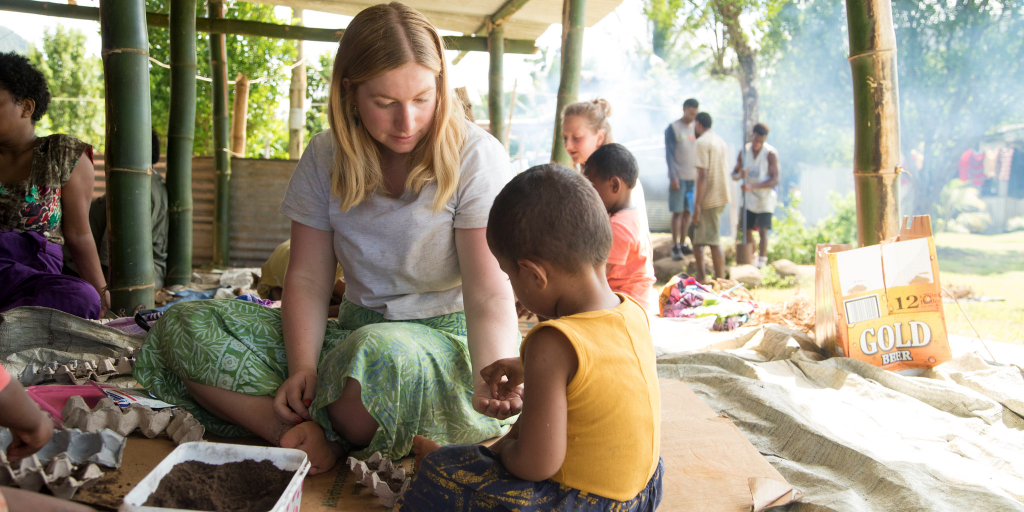
3) Be patient
The emotional and psychological effects of reverse culture shock can pop up when you least expect them and may linger longer than you’d like. This may be challenging, but know that it’s normal.
Be patient with yourself and those around you. Allow yourself the time you need to work through what you’re feeling, while also being respectful to the people you interact with every day.
4) Keep communicating

Don’t get caught up in the feeling that you can’t share your travel experience with your friends and family.
It’s okay to put off talking about your trip to take time to process the way you’re feeling, but let your loved ones know that you’re looking forward to telling them about it later on.
When you’re ready, draw them into your experience by telling them about your favourite travel moments and how they helped you grow. Talk about how your travels may have helped you to find direction, or given you clarity on your future. Try to be upfront with them about how you feel now that you’re back home.
Staying in touch with your volunteer abroad organisation is also a good way to plan your next steps and get excited about your future. Chat to your program mentor for advice on alumni events, courses and career-development opportunities that you could get involved in moving forwards.
5) Stay adventurous
Keep the excitement you experienced while travelling abroad alive by making new friends, joining clubs and finding new things to do in your hometown. Link up with organisations near you where you can meet people with similar passions, goals and even travel experiences.
And why wait for adventure to find you when you could construct your own mini-adventures that you can do with your friends? This can give you a chance to show them a little bit about what your travel experience was like.
You could even try something new to upskill yourself. For example, you could hone your writing skills with an online course, and even inspire someone else to go abroad by sharing your travel experiences online.
Will I get over my reverse culture shock?
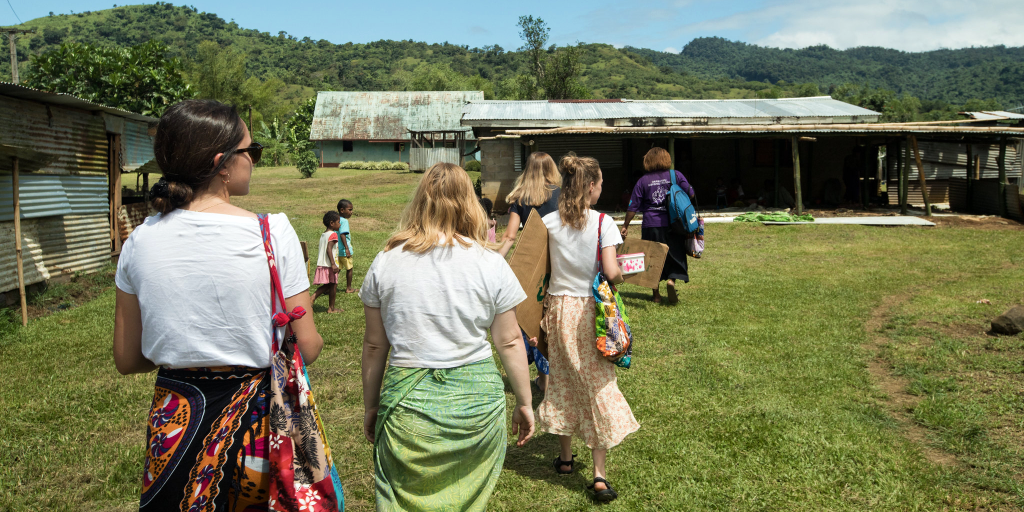
It’s safe to say that reverse culture shock doesn’t last forever. Every day that you’re home will help you to readjust and reacclimatise to your surroundings. After a while, you’ll start to feel yourself easing back into life back home.
But remember that overcoming reverse culture shock is a process. You may feel great one day and worse the next. This doesn’t necessarily mean you’re regressing.
Try to make these times more constructive: think about your time abroad, the skills and knowledge you’ve gained, and how you want to structure your future.
And, just because you have a new set of skills, doesn’t mean your old ones aren’t useful. Take time to nurture these old skills, and see how you can bring all your skills together.
Get excited about travelling in the future
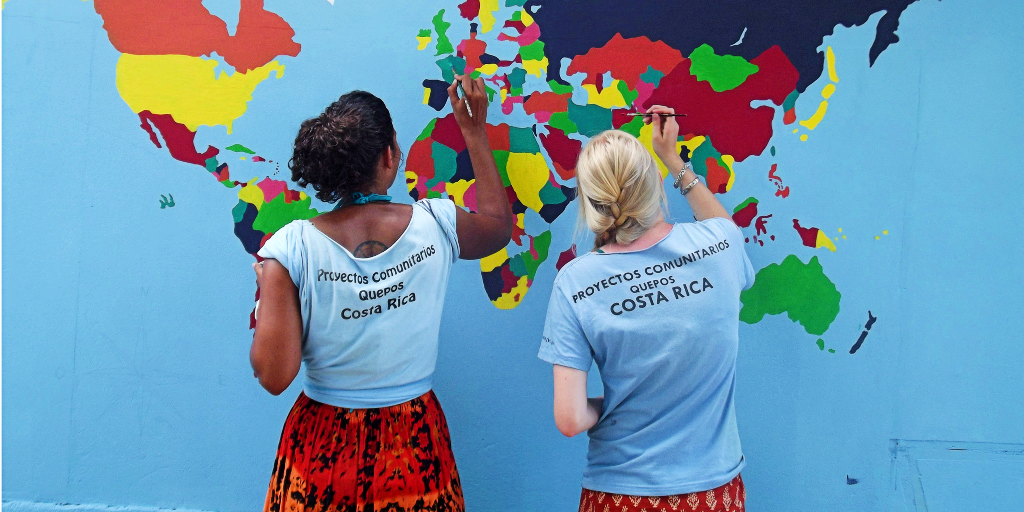
Taking time to focus on your emotional and psychological well-being can make all the difference when it comes to dealing with reverse culture shock.
What’s key is that you can work through it and get excited about travelling in the future.
Take a look at GVI’s international, award-winning volunteer and internship opportunities, and see how you can contribute to the environmental awareness of students around the globe.
We understand that you may have questions about how COVID-19 will affect your travel plans. Visit our FAQs page which explains our latest safety protocols in response to COVID-19.
Disclaimer: The images in this article were taken pre-COVID-19.
